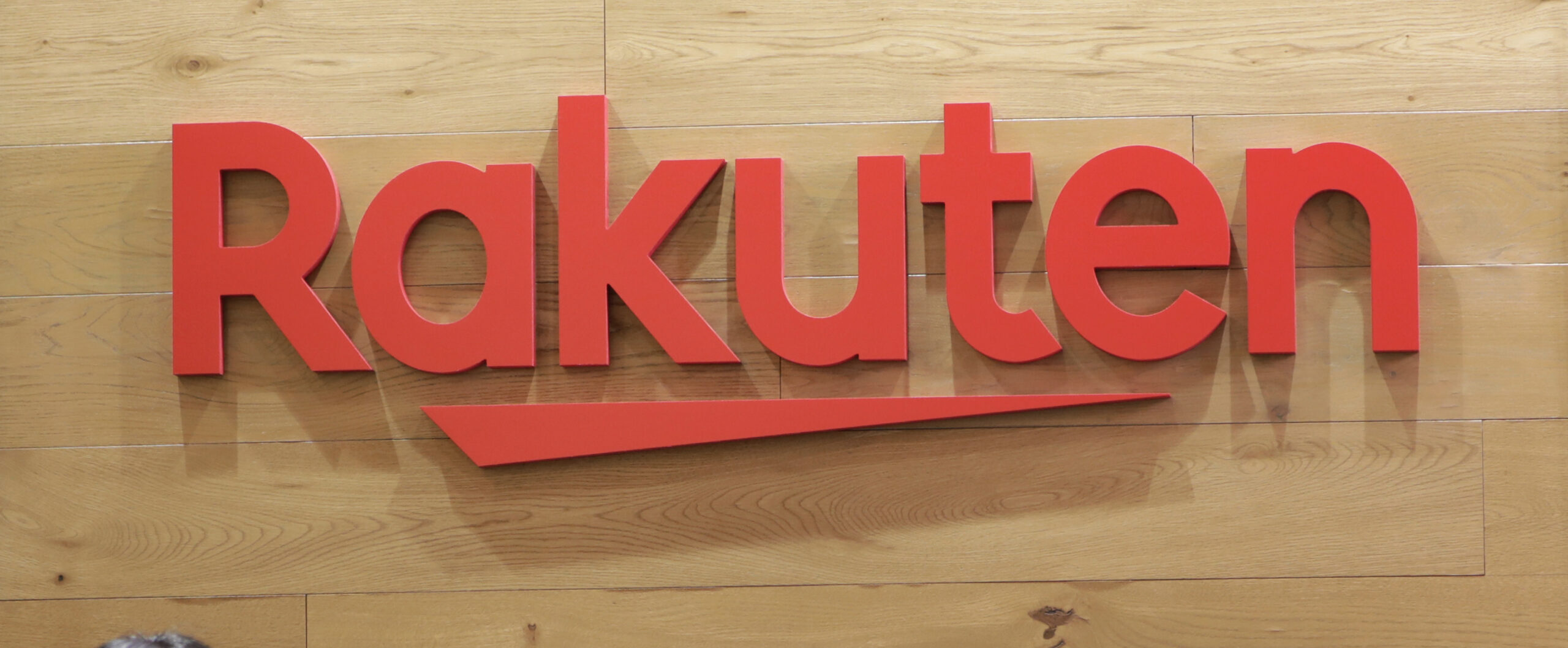Rakuten, The Japanese Tech Giant, Plans To Launch a Proprietary AI Model
The CEO of Japan’s Rakuten told CNBC that the company plans to release its own proprietary AI language model. Mikitani claims that Rakuten’s abundance of “very unique” data for training its large language model (LLM) is due to the company’s involvement in a wide range of industries, including banking, e-commerce, and telecommunications.
CEO Hiroshi “Mickey” Mikitani said, “Rakuten, a Japanese e-commerce and fintech behemoth with a wide range of operations, will soon unveil its own AI language model (LLM).”
The CEO, Mikitani, said Monday in an interview with CNBC that “the firm intends to build its LLM with the use of the large and “very unique” data collected from its several divisions, including banking, e-commerce, and telecoms.”
Rakuten is in a good position to train its LLM thanks to the unique dataset, Mikitani said. An initial internal emphasis is anticipated to increase operational efficiency and marketing by 20% with the help of the big language model. In contrast, Rakuten plans to follow in the footsteps of other digital behemoths like Microsoft and Amazon by making its AI model available to external enterprises.
The chief executive officer stated that the firm plans to move swiftly in the artificial intelligence space and that an announcement concerning the big language model is expected within the next few months. Although Rakuten has not yet announced a precise launch date, a representative has stated that the company is aggressively trying to improve its AI skills.
According to Mikitani, Japanese companies have lagged behind their American and Chinese competitors when it comes to building huge language models. The Japanese IT giants NTT and SoftBank, he said, still have a shot at catching up. Specifically, SoftBank’s telecoms division has operationalized its generative AI computing platform, while NTT is planning to release its proprietary LLM in March.
Rakuten will experience “huge profitable growth“, according to Mikitani, who sees the AI drive as a strategic move. Furthermore, he brought attention to the fact that Japanese companies could have a leg up in the AI industry compared to their American and Chinese competitors if they develop LLMs that are unique to the Japanese language.

















